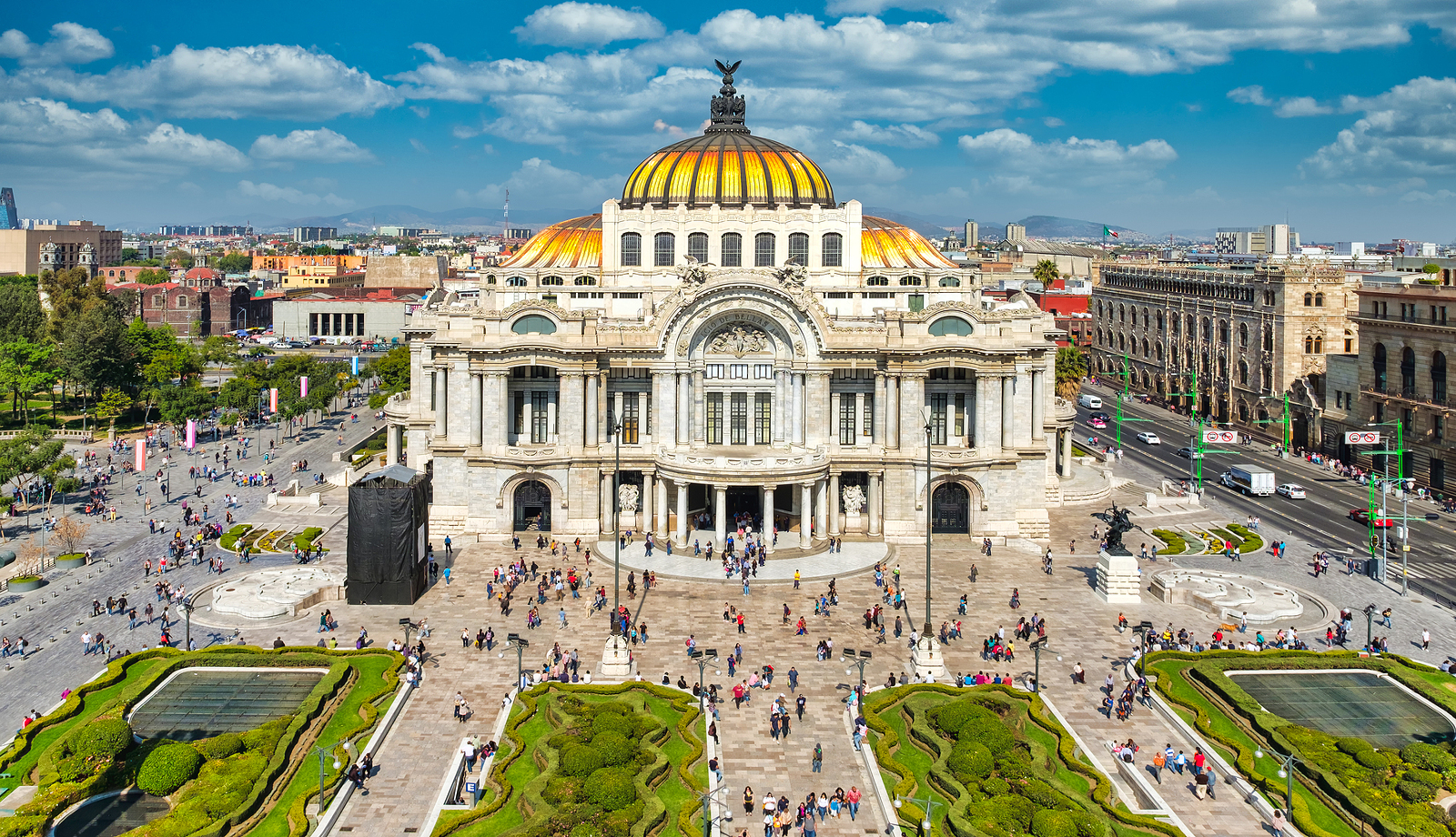Mexico City, January 2021.
As of September 30, 2020, the Federal Judiciary Council of Mexico City authorized the creation of the new Human Rights Tutelage Courts (“Tutelage Courts”) through Resolution No. 22-34/2020. This implies a new local jurisdiction exclusively for the defense of fundamental rights, closely related with the local Constitution.
- Political Constitution of Mexico City.
Political Constitutionof Mexico City.Mexico City’s Political Constitution was published in February 2017. It is ranked as one of the most innovative local constitutions in our country in light of new legal paradigms, such as the recognition of new human rights.
The new rights it recognizes include: the right to personal self-determination, the right to integrity, the right to identity and legal certainty, families’ rights, reproductive rights and the right to defend human rights[1], among others.
Three years after the publication of this Constitution, insofar as human rights are concerned, the application and implementation of this very transcendental law continues to be effective for Mexico’s City Judicial Power.
Mexico City’s Constitution does not merely provide for human rights protection in its text. To ensure compliance therewith, constitutional control mechanisms were implemented, affording competence to new specialized courts.
- Human Rights Tutelage Courts.
The legal action provided under Mexico City’s Political Constitution for the protection of fundamental rights is the so-called “effective human rights protection action”[2]. The new specialized body, i.e., the Human Rights Tutelage Court has competence over such action.
This Court just recently began to operate. The authorization for its operation was issued on September 30, 2020 through Resolution No. 22-34/2020 of Federal Judiciary Council of Mexico City.
Currently, there are only two Tutelage Courts, which began operating on September 30, 2020. The number of cases they hear is still small. As of December 2020, each Court had approximately 4-6 cases assigned.
The cases that these jurisdictional authorities hear include actions brought by individuals against authorities of Mexico City’s Public Administration, such as Mayors’ Offices or Ministries of the City’s government.
The law provides that although the “human rights effective protection action” is resolved by the Tutelage Judge such decision may still be appealed before a Constitutional Chamber[3].
- A new mechanism for the protection of human rights.
Even though Tutelage Courts have been active only for short period, their activity is noteworthy due to the nature of the cases they hear, i.e., the effective protection of human rights.
The significance of their judicial activity lies in their competence over the new human rights protection action. Due to its nature, it may be classified as a legal recourse that protects the people in terms of article 25 of the American Convention on Human Rights (Pact of San Jose), which is noteworthy, because a local constitution is implementing such mechanism.
The citizens of the capital city now have available the human rights effective protection action in addition to Amparo (constitutional rights protection) proceedings. This essentially functions as a defense against the violation of rights by authorities, which materializes the new constitutional paradigm in Mexico City.
Although institutions such as Mexico City’s National Human Rights Commission already existed to address complaints by citizens of alleged violations and issue recommendations, such recommendations were not binding, i.e., the authority could not be compelled to follow such recommendations to protect human rights.
By contrast, the human rights effective protection action – which is an action in jurisdictional proceedings – follows certain formalities and principles, such as impartiality and enforceability, ensuring both that human rights are respected and that authorities are compelled to protect human rights, specifically those provided under the local Constitution, which is a marked difference that undoubtedly materializes the new human rights model that prevails in Mexico City’s Political Constitution.
Last, it is important to point out that with the evolution of these new paradigms, attorneys have a duty to maintain an updated study in each case, to be able to design a strategy with the appropriate judicial recourses, in accordance with the circumstances and applicable regulations, in order to always offer the best alternatives of access to justice for those that require it.
At Jáuregui y Del Valle we keep ourselves up to date on the new models of administration of justice and integration of jurisdictional bodies that could directly or indirectly affect or benefit our clients, making their best interests our own.
[1] Mexico City’s Political Constitution, Chapter II, Article 6.
[2] Mexico City’s Political Constitution, Article 36, B, 3 and article 66 of the Organizational Law of Mexico City’s Judicial Power.
[3] The Constitutional Chamber is integrated by Magistrates of Mexico City’s Superior Court of Justice, whose purpose is to guarantee the supremacy and control of the Constitution (Mexico City’s Political Constitution, Article 36, B, 1).
*This article is authored by Anayeli Galindo and it may reflect their personal opinions independently from the law firm they work for. Shall you intend to apply any of the debated interpretations within the article, we highly recommend to formally consult Jáuregui y Del Valle, S.C. or any other qualified advisor.
© 2020, Jáuregui y Del Valle, S.C.(JDV), All rights reserved. This information belongs to JDV and external distribution should be authorized. Printing and sharing are allowed.



